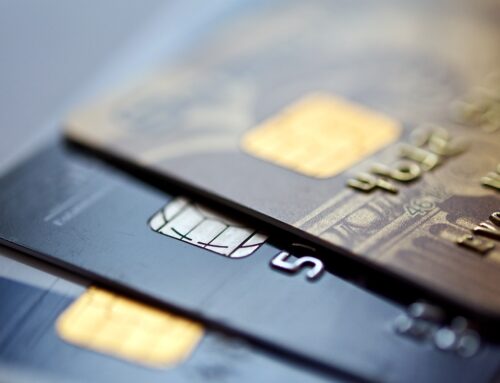A lease takeover is when you assume a car lease of someone else and take responsibility for the rest of the lease.
Few people want to end their lease earlier because they can no longer afford payments. Taking over the lease of someone else has its own benefits, like trying the vehicle without buying, etc. It can bridge the gap if you are between cars or need a car for a short time. While a car lease takeover has its benefits, there are some risks like high taxes and fees.
Pros of a Lease Takeover
Taking over a lease is beneficial to all parties that are being involved. The lease trader gets to opt-out of their lease while the purchaser gets a potentially good vehicle at a fraction of what they may have paid if they leased it directly from the leasing company. Here are some of the top benefits of taking over a lease.
No Down payment
The current lease seller of the car can have traded-in their old car and made a substantial down payment as a tradeoff to getting small manageable monthly payments. When you take over a lease, you get the lower monthly installments without having to make any lumpsum payment.
Enticing Cash Incentives
Remember the upper-hand mentioned? The seller can want out of the lease so badly, they are willing to provide you cash incentives to buy the lease. These can be in the form of footing the takeover lease transfer fees that the leasing company can charge for the transaction.
Get All the Leasing Rights
Taking over a lease means that you take over all the bells and whistles that came with it when the original lessee had it. The first of these is the warranty coverage. Most brand-new vehicles come with an airtight three-year 36,000-mile warranty. This means that all prices that will have otherwise been incurred in spare parts, repairs, labor are all covered by the car manufacturer.
Taking over a lease within that primary three-year window means you will not have to worry about incurring out-of-pocket expenses to pay for repairs. 2nd, are the lease-end choices. Once the lease period expires, the lessee is presented with a list of choices that are now available to the individual who is done the lease swap. They can either buy the car for a certain amount of money which is the current market rate of the car. Alternatively, they can turn in the car and leave. The 3rd choice they have is, they can trade in the car for another leased vehicle and take benefit of the competitive incentives and rebates that are available to them. Lease-end protection is worth considering.
Cons of lease takeover
When considering a lease takeover, it is essential to review the lease terms, as there can be more expenses that may be incurred by the previous lease:
Kilometer Limits
- Wear & Tear Restrictions
- Turn-in Fees and Lease Transfer Fees
- Car Lease Kilometer Limits
Usual Lease Agreements can let for 25,000 Kilometers per year. The lease will have a predetermined amount of annual kilometer usage that has financial fees attached if the lease you are taking over has kilometer overages you will be responsible for any incurred prices. A good lease takeover deal is a car that has used less than its annual allotment. Ensure that the mileage left available is sufficient for you.
Normal Wear and Tear vs. Excess Wear and Tear
Inspect the lease contract carefully for any guidelines that can exist. You can be on the hook if the current condition of the car can be worse than what’s considered normal wear and tear. Normal wear and tear items are easy to fix, like small scratches. Excess Tear and Wear items are difficult to repair.
Hidden Car Lease Fees
Check the contract for fees, as there can be a ‘Turn-In’ fees, Car ‘Lease Transfer’ Fees. In a few examples, lease companies can charge you for outstanding violations like unpaid tolls or tickets. Although you likely have a good idea of the history of the car then with a random resale, it’s suggested that you get car history for evidence of accidents. A mechanical inspection is a better idea, as with a private resale.
If you intend to keep the car at the lease’s end, remember to count on potential repairs in the future, which will be at your cost if you keep the car.
Get the Best Terms with Not-The-Best-Credit
To lease a car, most leasing companies want you to have a good credit score. However, to swap a lease, you should have great credit. Your credit score cannot have afforded you their top-tier terms, had you leased directly from the company. But, once the lease transfer is complete, you get those same terms with not good credit. Need help with getting a great credit score? Be sure to contact our team at Masters Credit Consultants today!
News: We’ve also opened up another office for credit repair in Miami FL so residents of this beautiful state can take advantage too







Leave A Comment